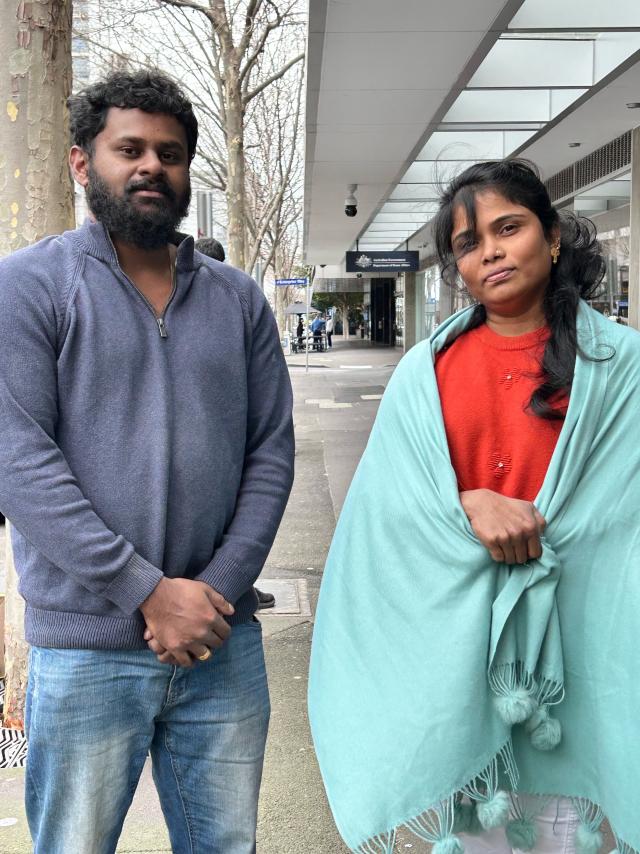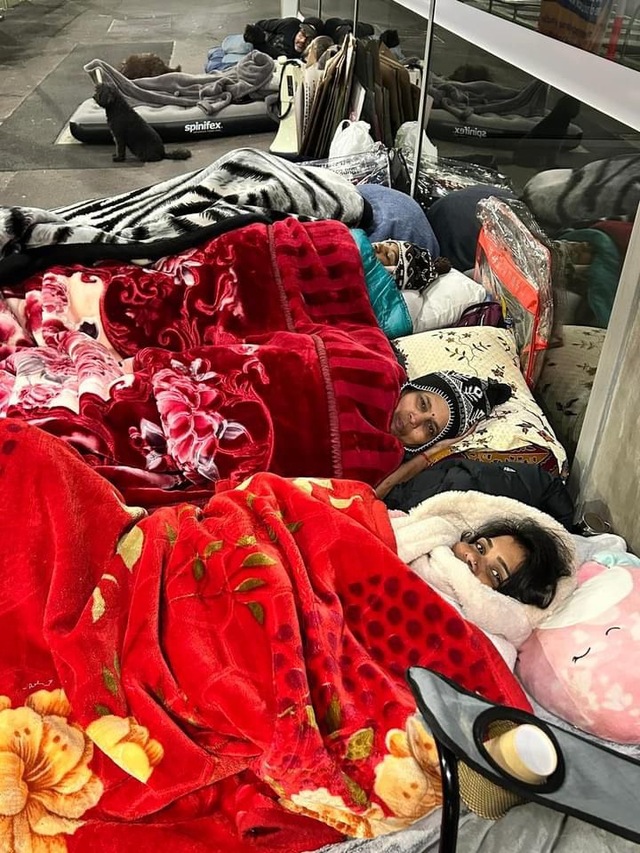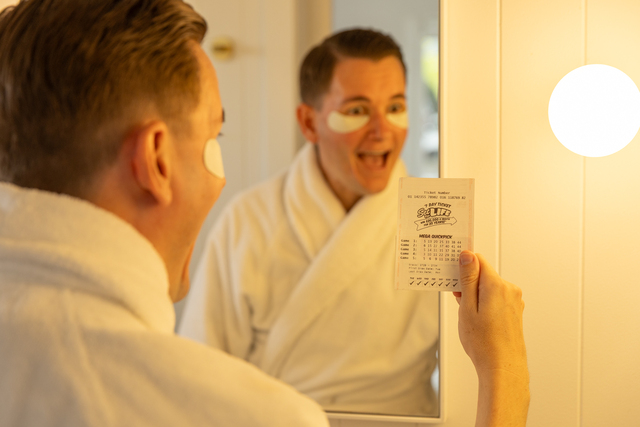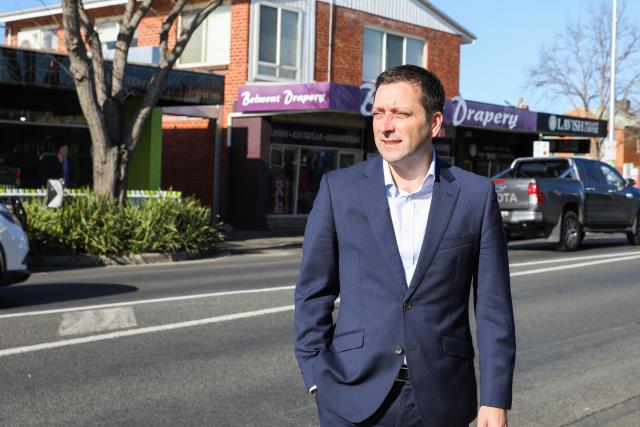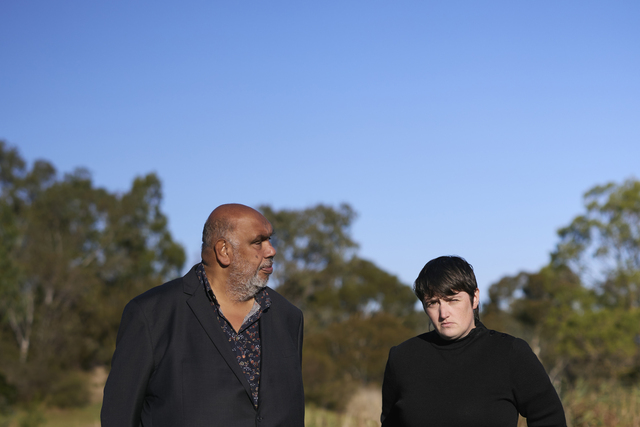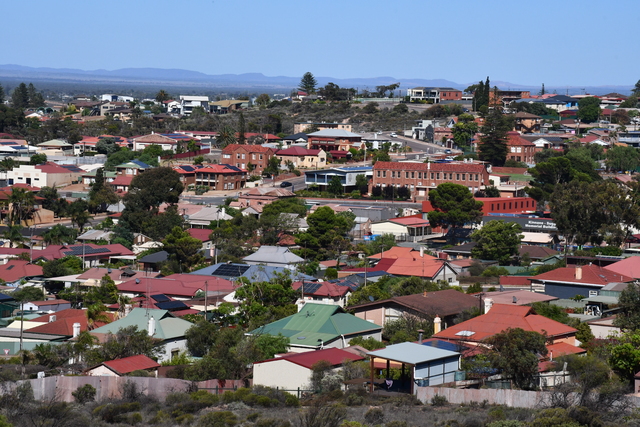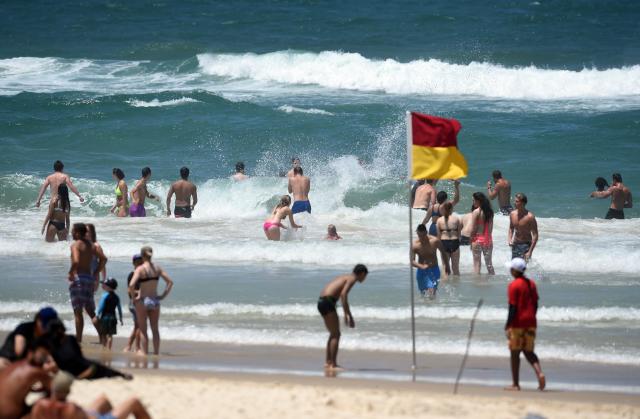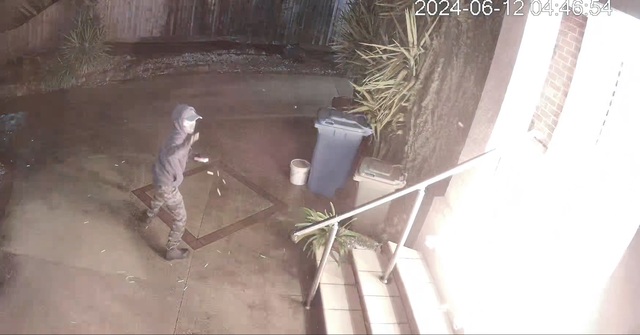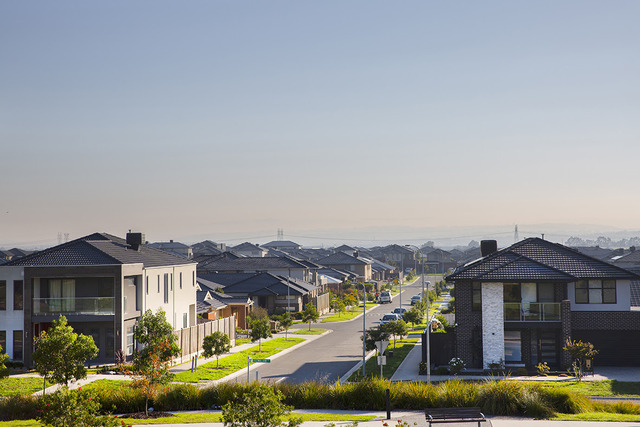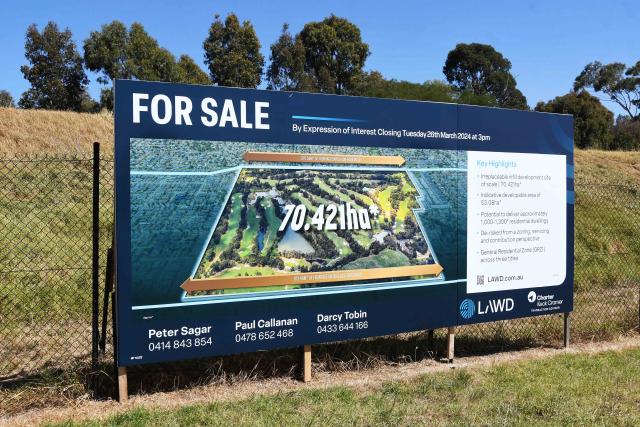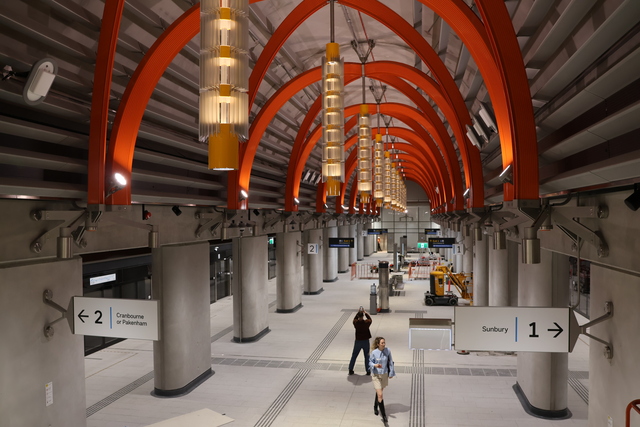Refugees from the South East have joined an encampment outside the Department of Home Affairs in Melbourne, calling on the new Minister Tony Burke for “urgent policy reform”.
Among thousands of asylum seekers waiting in the ‘fast-track’ process, they say they have had enough of living in limbo – some for more than a decade.
On Sunday 11 August the group were set to complete a month of encampment and 24-hour-a day protest, braving extreme cold at times.
Thanu Mylvaganam fled Sri Lanka at the young age of 18. He didn’t imagine camping outside the Immigration office 12 years later, given the horrific situation back home.
“My three brothers were killed by the Sri Lankan army and I had to leave my mother and father behind.
“I have lived in Dandenong since I arrived in 2013 and have been working hard, getting along with the Australian community, paying tax and GST.”
He owns a transport company but without a permanent protection visa it’s impossible for him to embrace his parents again.
“My heart is broken, waiting 12 years for protection and not knowing whether I will be able to see my mother and father.
“My father had a heart attack last month and my mother has heart problems.”
His father luckily survived the heart attack after a successful operation.
A national push demanding justice has included the launch of an indefinite 24/7 protest in front of Minister Burke’s office in NSW. They say the Labor Party has failed to “provide a remedy for the failed system.”
Advocates also call for urgent protection to “address the widespread mental health and homelessness issues arising from the lack of safety net and certainty”.
According to the latest Department of Home Affairs report, 7376 applicants have had their applications refused, expired or cancelled while 3228 Temporary Protection Visa (TPV), Safe Haven Enterprise Visa (SHEV) and RoS applicants are awaiting an outcome, bringing the total to 10,604 in limbo.
Victoria accommodates the largest TPV and SHEV applicants (879) followed by Sydney (725) mainly from Iran, Afghanistan, Sri Lanka and a large pool identified as ‘Stateless’ (566),
The group of protesters are comprised of those refused a protection visa (2821) or are awaiting judicial review (4555) or are awaiting a response for their application (3228).
Introduced in 2014 by then Immigration Minister Scott Morrison, the ‘fast track’ system was supposed to process temporary protection visa applications at a faster pace.
It shortened the steps necessary to determine an appropriate outcome for each protection claims such as disabling the Immigration Assessment Authority (IAA) to hear directly from the people seeking asylum and instead making decisions based of information before the Department of Immigration.
This resulted in the IAA making unfair and legally incorrect decisions forever, according to refugee advocates.
Some of those on TPVs or SHEVs were granted bridging visas. According to each applicant’s circumstances, they included conditions such as no access to Medicare, Centrelink, and no right to work or attend higher education.
Recently, there was an emotional vigil held for the Dandenong based Tamil asylum seeker Uthayakaran Periyathamby who passed away in his sleep after spending more than a decade in limbo and full of struggles.
In February 2023, the Federal Government announced a Resolution of Status (RoS) visa for 19,000 asylum seekers as a pathway to permanent visa.
As at 30 June 2024 there were 18,026 RoS visas issued, with 2,038 RoS visa applications on hand.
Those left behind the RoS visa road to permanent residence include Iranians (519) Sri Lankans (245) as well as Rohingyas.
According to the Federal Government, the “flawed” IAA will be replaced by a “user-focused, efficient, accessible, independent and fair” Administrative Review Tribunal (ART) on 14 October 2024.

